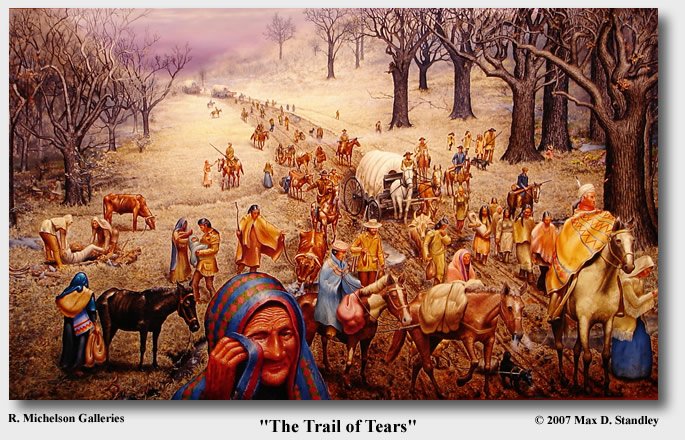Daniel: No the problem is, I'm getting my ass kicked every other day, that's the problem.
Miyagi: Hai, because boys have bad attitude. Karate for defense only.
Daniel: That's not what these guys are taught.
Miyagi: Hai - can see. No such thing as bad student, only bad teacher. Teacher say, student do.
And so begins an epic relationship between student and teacher. When reflecting upon my own teaching, I often find I'm in the Miyagi dojo, as opposed to Cobra Kai.
In the Cobra Kai dojo, there is one master. The sensei is all knowing and all controlling. He snaps orders and the students complete the drill in unison. When he asks a question they answer together, "Yes, sensei!" There is no questioning, no deviation, no discussion.
Does your classroom intimidate or inspire?
When he questions Mr. Miyagi about this, Miyagi shows him the connection between painting the fence and defending himself against an attack. "Show me wax on, wax off." To his surprise, Daniel defends himself against Mr. Miyagi's attack. He was learning karate the whole time without even knowing it.
Sometimes 'math' lessons don't have to look like math
In education there are multiple ways to teach. Pre-service teachers are introduced to Gardner, Montessori, Piaget, and others. Yet I would argue that many teachers and schools model the Cobra Kai style of teaching and development. One teacher, the sage on the stage, preaching a skill with students practicing: I do, we do, you do. Students in this model get really good at drills. They pass the tests. They win awards for their teachers and school.
But what else do students in this system learn - or more importantly what do they not learn? Students learn to be uncreative and unimaginative They learn to not try alternative methods. They learn to say "the teacher told me to do this way, so I must do it this way." Teacher say, student do.
Yes, sensei




